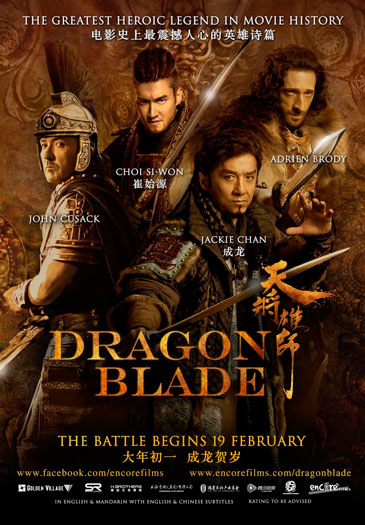Letter for history exchange
Dear History Exchange writer,
Thank you for agreeing to write for me. Prompts for specific characters can be found in the description of my request. Here I wanted to put together requests and likes/dislikes that apply regardless of character or time period.
I am fine with just about any sexuality or pairing as long as it's consensual and not incestuous. I request that the story not feature in a positive way relationships with a heavy power imbalance between the parties (including age and family dynamics) to the point of coercion. I have no problem with tender moments arising in the context of an abusive relationship, but I'd be very uncomfortable if the story ultimately portrays such a relationship as healthy.
That said, I'm fine with large age gaps as long as it's clear that both parties have full agency. I also adore genfic, so if you don't feel the need for a pairing in your story there's no need to try and add any.
I'm no stickler for historical accuracy (and don't have the expertise to judge anyway), but would greatly appreciate it if there were at least a couple of evocative details that gave a sense of the period and setting.
Seeing how these are real people, though long dead, I would like to request a level of respect for their cultures and legacies. That means, for instance, no easy stereotypes like an Indian character being reduced to funny accents. Humor is great, obviously, including those that arise due to differences between language and cultures, but I'd like all characters to be human first.
I have a preference for stories with a clear arc, as in something changes at the end of a story in comparison to the beginning. It doesn't have to be a flashy "action" story--though I love those, too!--but I would like some character development no matter how introspective or action-packed the story. If that's not something that comes to you, though, there's no need to force it.
Thank you again for your participation, and I hope the process of creation is an enjoyable one for you!
Explanations and rules for History Exchange
Signup for History Exchange open!
Current prompts for History Exchange
List of nominated historical figures
Thank you for agreeing to write for me. Prompts for specific characters can be found in the description of my request. Here I wanted to put together requests and likes/dislikes that apply regardless of character or time period.
I am fine with just about any sexuality or pairing as long as it's consensual and not incestuous. I request that the story not feature in a positive way relationships with a heavy power imbalance between the parties (including age and family dynamics) to the point of coercion. I have no problem with tender moments arising in the context of an abusive relationship, but I'd be very uncomfortable if the story ultimately portrays such a relationship as healthy.
That said, I'm fine with large age gaps as long as it's clear that both parties have full agency. I also adore genfic, so if you don't feel the need for a pairing in your story there's no need to try and add any.
I'm no stickler for historical accuracy (and don't have the expertise to judge anyway), but would greatly appreciate it if there were at least a couple of evocative details that gave a sense of the period and setting.
Seeing how these are real people, though long dead, I would like to request a level of respect for their cultures and legacies. That means, for instance, no easy stereotypes like an Indian character being reduced to funny accents. Humor is great, obviously, including those that arise due to differences between language and cultures, but I'd like all characters to be human first.
I have a preference for stories with a clear arc, as in something changes at the end of a story in comparison to the beginning. It doesn't have to be a flashy "action" story--though I love those, too!--but I would like some character development no matter how introspective or action-packed the story. If that's not something that comes to you, though, there's no need to force it.
Thank you again for your participation, and I hope the process of creation is an enjoyable one for you!
Explanations and rules for History Exchange
Signup for History Exchange open!
Current prompts for History Exchange
List of nominated historical figures





 Mark was feeling a little down on New Year's and we searched for movies to watch. We both wanted something historical and he hit upon Dragon Blade, a piece of historical fiction (with heavy emphasis on "fiction") that was supposed to portray a clash between the Han Dynasty and Roman Republic on the Silk Road. I remember mentioning this movie to
Mark was feeling a little down on New Year's and we searched for movies to watch. We both wanted something historical and he hit upon Dragon Blade, a piece of historical fiction (with heavy emphasis on "fiction") that was supposed to portray a clash between the Han Dynasty and Roman Republic on the Silk Road. I remember mentioning this movie to 



 To left: A more honest cover, brought to you by terrible photoshopping.
To left: A more honest cover, brought to you by terrible photoshopping.




